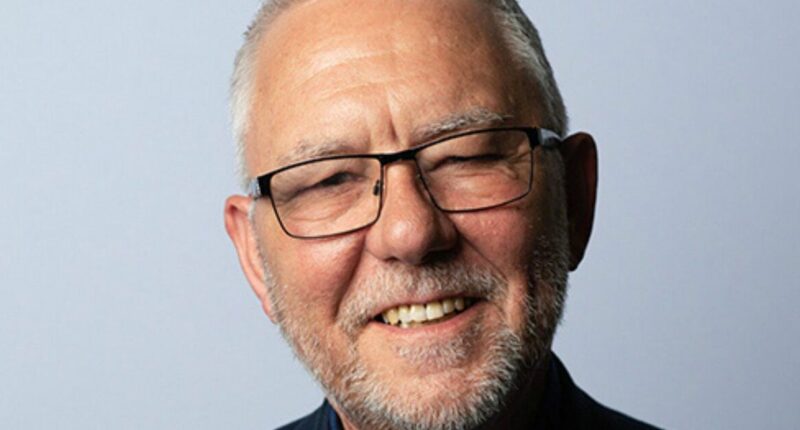Share this @internewscast.com
In 2011, I received a diagnosis of base of the tongue cancer, a form of head and neck cancer that often emerges without early symptoms, frequently linked to HPV (human papillomavirus). My treatment involved intensive sessions of radiotherapy, chemotherapy, and eventually, two radical neck dissections. While these were crucial in saving my life, they left me physically shattered, emotionally exhausted, and mentally unraveled. An often neglected aspect of my journey was the psychological trauma I experienced not only during treatment but in the ensuing months and years.
I shed over 12 stone, my ability to consume food and swallow was severely impaired, leaving physical scars and an altered self-perception. I endured my suffering in silence for much too long, descending into a deep depression that led to suicidal ideation. I had survived cancer, but I wasn’t truly living; I was merely existing. In the initial stages of my treatment, at no point was I offered a thorough holistic needs assessment.
There was no joined-up approach to assessing my mental wellbeing, my nutrition, my speech and swallowing difficulties, or my social circumstances.
The absence of a personalised care plan meant that I had to navigate post-treatment life alone, with no clear pathway or coordinated support.
My experience is not an unusual one. As the founder and chief executive of The Swallows head and neck cancer charity, I hear similar stories every day.
Our charity supports thousands of patients and caregivers annually, many of whom tell us they feel abandoned once treatment ends.
They endure long-term and transformative side effects such as pain, fatigue, difficulties in speech and swallowing, disfigurement, isolation, along with mental health challenges. These individuals require care that extends beyond hospital confinements.
The Department of Health has declared that all cancer patients should undergo a holistic needs assessment and receive a personalized care plan before or at the outset of their treatment, a welcome development.
However, we must expedite efforts to ensure these measures are not just in place but are also consistently and effectively implemented across all NHS trusts and cancer centers.
We believe a holistic needs assessment must be standardised and completed within the first two weeks of diagnosis, with regular follow-ups throughout the treatment journey and into survivorship.
These assessments must go beyond ticking boxes; they must genuinely explore a patient’s psychological, emotional, nutritional, social, and practical needs.
The personalised care plan must then be developed with the patient and caregiver, not for them. At The Swallows, we have pioneered this holistic approach. Our 24/7 patient and caregiver support line, virtual and in-person peer support groups, caregiver education, and support boxes are tailored to real-world needs, informed by people with lived experience.
We have developed emergency care cards, WhatsApp groups for laryngectomy patients, and are actively expanding our presence in underserved regions.
But charities like ours can only do so much. We need a national health policy to back this up, with resources, training, and accountability.
This is why we are supporting the Daily Express’s Cancer Care campaign.
As someone who has lived through the brutal physical and emotional consequences of head and neck cancer, I know that surviving is only the first step. Truly living again mentally, socially and emotionally requires a safety net of compassionate, coordinated care.
If I had received a holistic needs assessment and personalised care plan at the start of my journey, perhaps I wouldn’t have reached such a low point.
But through my recovery and my work with The Swallows, I’ve found renewed purpose: to ensure no one else feels as alone and lost as I did.
It’s vital that holistic, personalised support becomes a reality for every patient.
















